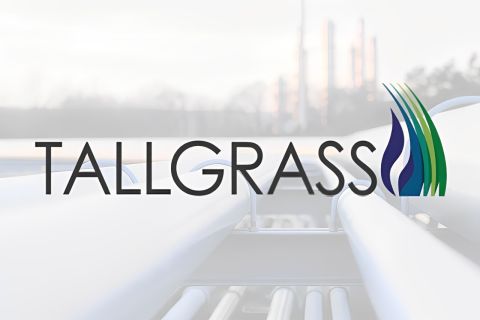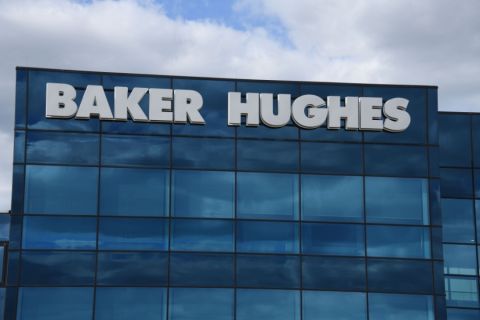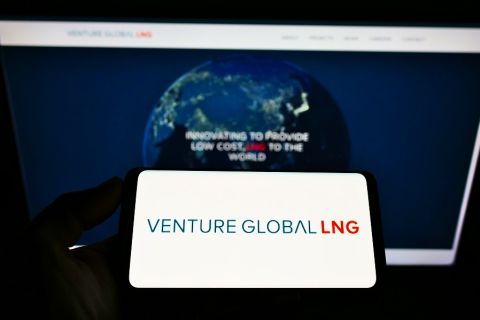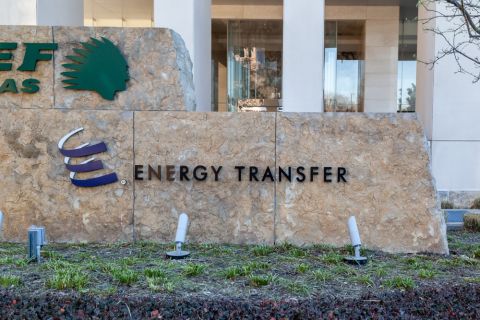Overall growth in global exploration and production spending in 2003 will be less than originally expected due almost entirely to a pullback in U.S. activity, according to Lehman Brothers' E&P spending survey of 323 oil and gas companies. Global E&P spending will grow 4.2%, they expect, totaling $132.4 billion. Spending in the U.S. will total approximately $30.3 billion, or slightly less than in 2002. Majors budgeting less E&P spending in 2003 are ConocoPhillips, 10% less; Royal Dutch/Shell -9%; TotalFinaElf SA, -29%; Marathon Oil Corp., -7%; and Occidental Petroleum Corp., -8%. BP Plc plans to increase U.S. spending 4%, and Exxon Mobil Corp., 5%. Among independents, changes in U.S. spending in 2003 range from 31% less by Nexen Inc. and 43% more by Burlington Resources Inc. Relatively fewer prospects is the No. 1 reason cited for less spending in the U.S. "This is something we've heard again and again from the independents, and from the majors, that in the U.S., the prospects are not there, and they're having a hard time generating those prospects," says Angeline Sedita, analyst, Lehman Brothers. Last year, prospect availability was ranked No. 5 in shaping U.S. E&P budgets. Other reasons for plans of less spending in the U.S. in 2003 include caution in oil and gas price forecasting, expectations of minimal growth in cash flow, and the woes of merchant gas companies. Overseas spending is expected to grow 5.5%. More than 100 of the surveyed companies have 2003 plans for spending, totaling $89.5 billion, in non-North American countries. This growth is led by government-owned companies and European majors. The greatest budget boosts in the survey were seen by Indian oil company ONGC, which expects to spend 152% more than in 2002, and Trinidad oil company Petrotrin, 140% more. Among U.S.-based majors, ExxonMobil's overseas budget is 13% higher than in 2002; BP's, 4% higher; and ChevronTexaco Corp., 3%. ConocoPhillips' was flat, and Royal Dutch/Shell's international budget fell 19%, which reflected cost overruns experienced in 2002 and extra E&P spending as the result of its acquisition of Enterprise Oil in 2002. Its 2003 budget represents more of a "normal" figure for the company, according to the analysts. Spending in Canada is expected to grow 7.2% in 2003. While companies in Canada are affected by factors similar to those U.S. companies cite, cash flow is generally higher due to the gas orientation of the area, the analysts found. Also, the geology is seen as more attractive, and more companies say exploration economics are better there. The 323 companies' spending plans are based on West Texas Intermediate averaging $23.22 per bbl. in 2003, and U.S. gas at $3.42 per thousand cu. ft. Some 23% of the companies plan to spend more than their cash flow in 2003; 35% estimate they spent more than cash flow in 2002. -Jodi Wetuski
Recommended Reading
Tallgrass Declares Open Season for CO2 Transport Pipeline
2024-05-06 - Tallgrass Energy’s Trailblazer project, originally a natural gas pipeline, would move greenhouse gas from Nebraska and Colorado and store it in geological formations in Wyoming.
Baker Hughes to Supply Compression Trains for Algerian Field
2024-05-23 - Baker Hughes will supply 20 compression trains, which are expected to boost gas production at Alergia’s Hassi R’ Mel gas field.
Venture Global Acquires Nine LNG-powered Vessels
2024-03-18 - Venture Global plans to deliver the vessels, which are currently under construction in South Korea, starting later this year.
Summit Midstream Sells Utica Interests to MPLX for $625MM
2024-03-22 - Summit Midstream is selling Utica assets to MPLX, which include a natural gas and condensate pipeline network and storage.
Energy Transfer Asks FERC to Weigh in on Williams Gas Project
2024-04-08 - Energy Transfer's filing continues the dispute over Williams’ development of the Louisiana Energy Gateway.





